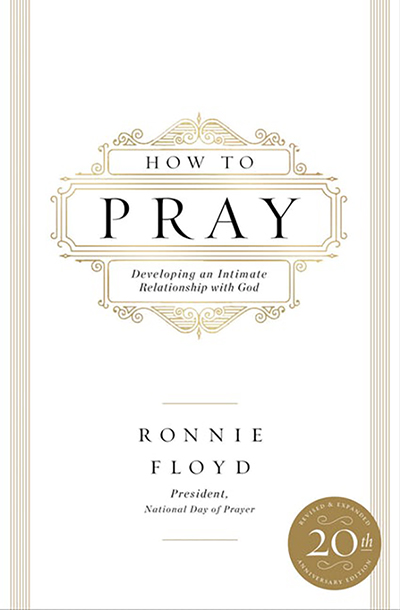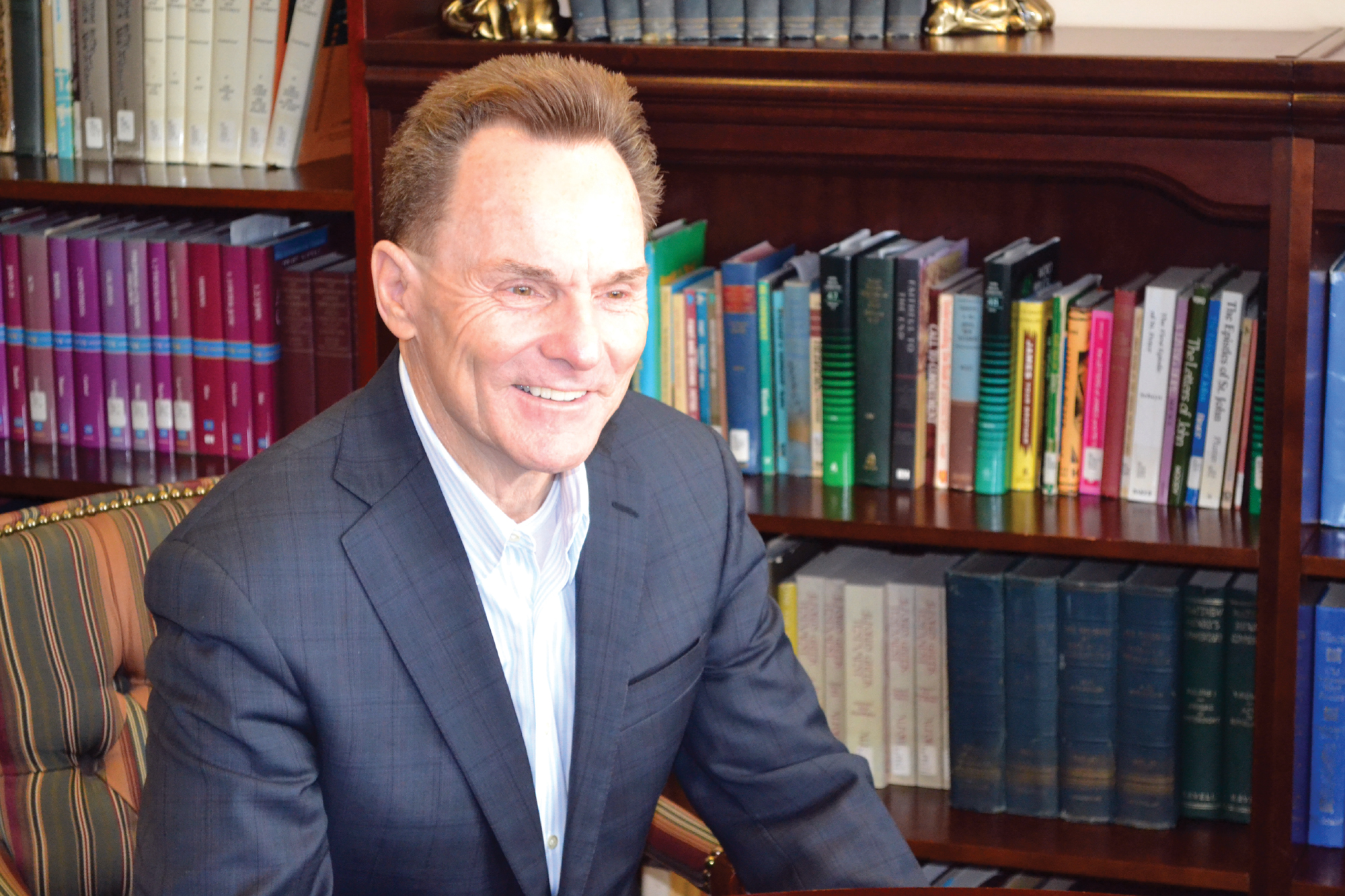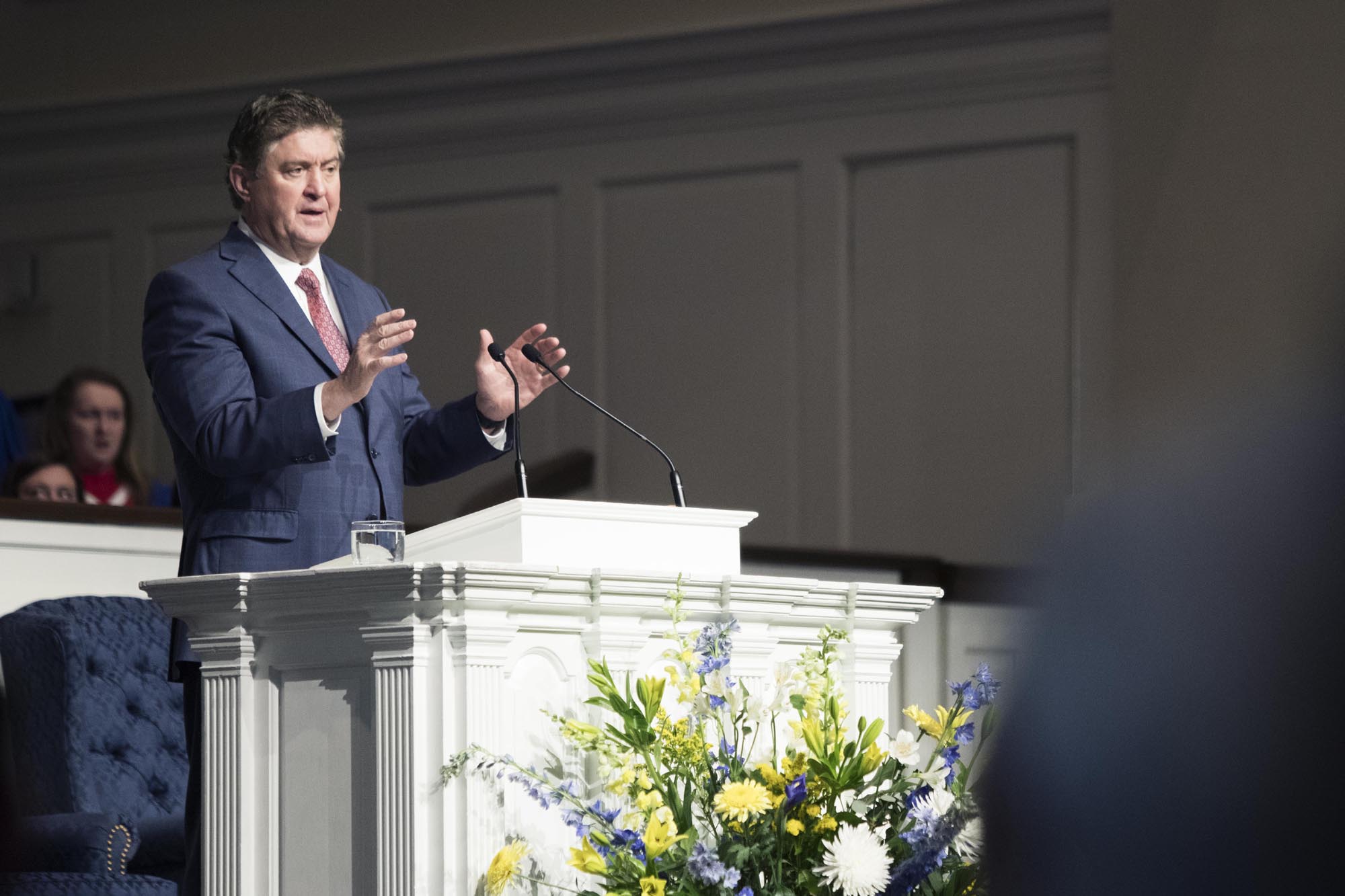
The famous Manhattan Project, headed by the physicist J. Robert Oppenheimer, was stalled. Something was missing that left the project incomplete. It was only the combination of what Oppenheimer’s team already knew about atomic power and the discovery of fission that created what we know as nuclear power today.
Metaphorically speaking, prayer and Scripture combine to be nuclear energy for your spiritual life. It’s the combination of the two forces of the Word and prayer that creates dynamic, spiritual fusion.
The New Testament teaching
With less than 18 hours before the crucifixion, Jesus made certain His disciples understood the inseparable relationship between prayer and the Word. He said, “If you abide in me, and my words abide in you, ask whatever you wish, and it will be done for you” (John 15:7). The early church wasted no time implementing the advice of Jesus. In fact, after the resurrection, the Apostles laid their entire ministry on the line with a public manifesto: “But we will devote ourselves to prayer and the ministry of the word” (Acts 6:4). They had already learned where the fusion was found. When prayer and the Word of God combine, power is inevitable.
Every church today that wants to impact the world around them, the way the early church did, must adopt the Word and prayer manifesto. Powerful churches and individual believers unite the Word to prayer as a part of their regular practice of the spiritual disciplines. How can we adopt the Scripture and prayer strategy?
The personal power of Scripture and prayer
In the Upper Room Discourse (John 13-17), on the last night of His earthly life, Jesus was thinking strategically about the future of the church. The Upper Room Discourse, the last teaching Jesus ever shared with all His disciples before the cross, can serve as a roadmap for how the church operates in the world. That being said, every individual believer who has ever read that intimate section of Scripture has no doubt discovered a tremendous and immediate application for their personal life as well. Each of us, as vines of One Branch, are personally and individually enriched by the life flowing out to us from Jesus (John 15:1-11).
One of those benefits is the way the Word of God strengthens prayer. Unfortunately, most Christians rarely take advantage of this promised power. Even though a majority of Protestant church attendees claim to pray daily, only about 2 in 5 admit to reading the Bible daily. Our prayer lives may be anemic because we’re not following the advice of Jesus, who taught about a direct connection between abiding in His Word and answered prayer (John 15:7). In other words, we need to live in Scripture and prayer for our prayer lives to be as effective as possible. Charles Spurgeon once advised preachers, “Study yourself to death, and pray yourself back to life.” That’s good advice for any believer. So, what practical steps should we take?
At the very least, we should be committed to reading the Bible and praying daily. George Muëller, the 19th-century devotional giant, once said, “I saw more clearly than ever that the first great and primary business to which I ought to attend every day was to have my soul happy in the Lord.“ He explained that to get his soul “happy in the Lord,” he had “to meditate on the Word of God.” A more modern voice, Tim Keller, early in his book on prayer (p. 56), advised something similar. He said, “Your prayer must be firmly connected to and grounded in your reading of the Word. This wedding of the Bible and prayer anchors your life down in the real God.”
These two men echo the experiences of many others who have deliberately devoted themselves to growth in the spiritual disciplines. Prayer and the Word are inextricably linked. Begin your day reading Scripture and immediately spend an extended time in prayer.
Why is this practice beneficial? In addition to the promise of more consistency in answered prayer, it must be remembered that prayer is an exercise in faith. Prayer is faith in action, and nothing deepens our faith like saturating our minds in the Word of God (Romans 10:17).
Imagine entering your prayer time each morning already deeply moved by the Spirit of God, filled with faith, and informed by the Word of God. How much more effective and satisfying would your prayer life be if you march triumphantly into prayer rather than stumbling sleepily into prayer, having already gained a spiritual victory of surging faith through reading God‘s Word?
Make time to make it work
Of course, adding a significant portion of Bible reading to your morning prayer life requires time. Naturally, many will argue that they do not have time to begin their day by reading the Bible and praying. John Piper demolishes that argument with a single, clever observation. He said, “One of the great uses of Twitter and Facebook will be to prove at the Last Day that prayerlessness was not from lack of time.” In other words, we find time for what we want to do.
Have you ever considered why you spend your time the way you do? It’s an issue of values. Our values almost always determine our use of time. Conversely, the amount of time available never determines our values. If we choose wisely often enough, we can develop a flourishing habit of daily Bible reading and prayer. Craig Groeschel observed, “Successful people do consistently what other people do only occasionally.” In other words, through a disciplined commitment of your wise use of time, you will always have time for God. He is, after all, the one who gives it to you.
If you want to get off the familiar “roller coaster” of the inconsistent Christian life where one day you feel up, and the next you feel down, you must add plenty of Scripture reading and prayer to your daily schedule. If you are tired of living with low-grade doubt and uncertainty, you need to spend time reading the Word and praying daily to enhance your faith.
Obviously, no one can determine how much time they have left on this earth, but with disciplined planning and commitment, every believer can read the Bible and pray from now on. Now is the time to declare a personal manifesto: “I will read the Bible and pray beginning today, every day, for the rest of my life.”





















